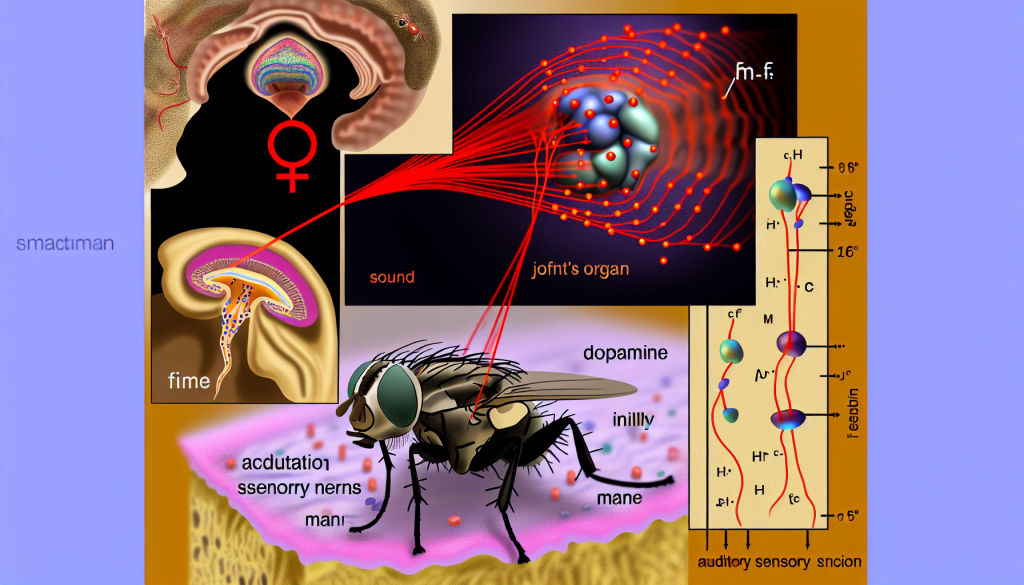World leaders explore critical issues of AI in health care and conventional medicine at UN Summit
The AI for Good Global Summit hosted a session centered on the integration of artificial intelligence (AI) with healthcare and traditional medicine, featuring keynote contributions from the World Health Organization (WHO), the International Telecommunication Union (ITU), and the World Intellectual Property Organization (WIPO).
Organized every year, the Summit serves as the premier United Nations (UN) gathering that explores how AI can address global issues. The 2025 edition took place in Geneva, Switzerland from July 8 to 11, coordinated by the ITU in collaboration with more than 40 UN partners and co-hosted by the Swiss government.
The event spotlighted AI-based approaches to some of today’s most pressing concerns – including climate action, disparities in healthcare, disaster relief, and humanitarian needs – while reinforcing the importance of ethical, sustainable AI innovation.
A prominent keynote session at the Summit centered on the ongoing efforts and next steps for the Global Initiative on AI for Health (GI-AI4H), which was introduced in July 2023 through a joint effort by WHO, ITU, and WIPO.
While traditional medicine has supported human well-being for generations, AI presents an opportunity to further enhance these benefits. “At WHO, we view AI as transformational for public health, clinical applications, and personal well-being,” said Alain Labrique, Director of WHO’s Department of Digital Health and Innovation.
Dr. Labrique outlined WHO’s areas of focus moving forward: first, governance – determining if national health systems are prepared to incorporate AI technologies; second, regulation – examining whether there are adequate oversight structures in place to evaluate AI efficacy; and third, localization – ensuring that any AI tools meet the specific needs of the environments where they are implemented.
The session also revealed new insights from GI-AI4H’s recent publication, a technical brief titled Mapping the application of artificial intelligence in traditional medicine, which explores how AI is currently being used in this field and what possibilities lie ahead.
“This joint publication begins fittingly with traditional medicine, linking time-honored practices with modern innovation,” said Dr. Shyama Kuruvilla, Acting Director of the WHO Global Traditional Medicine Centre. “It encourages the careful adoption of AI across different eras and cultures, contributing meaningfully to human and environmental health.”

